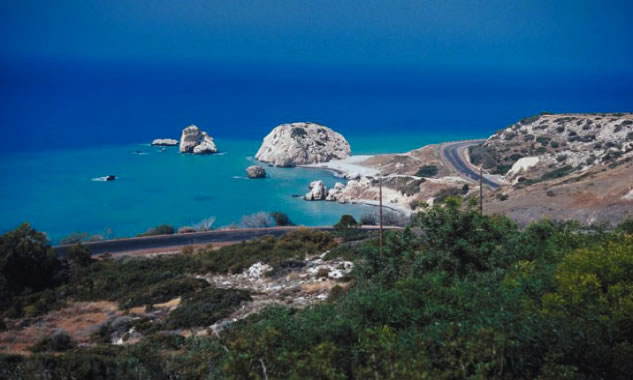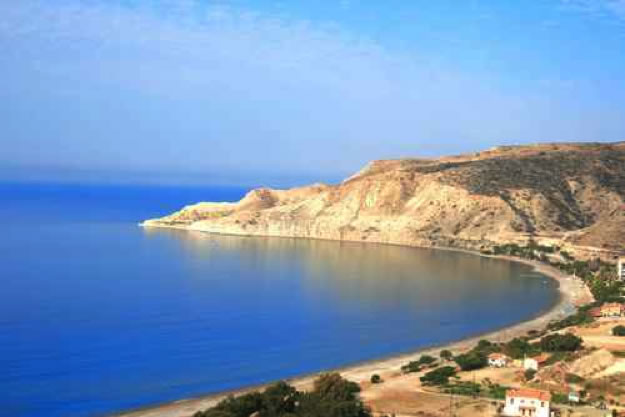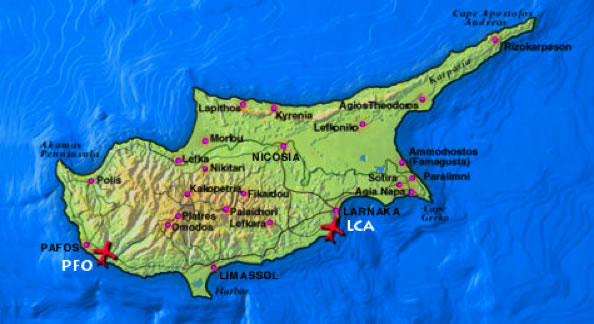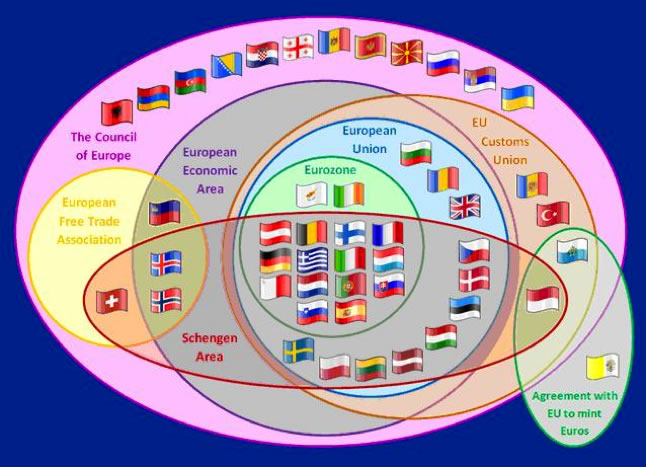General Information about Cyprus

The island of Cyprus is the third largest island in the Mediterranean with a rich history for more than 9,000 years long starting the historical traces almost in 7000-3900 B.C., known as the Neolithic age. Cyprus has seen civilizations come and go and the likes of everyone from Alexander the Great to Cleopatra stake their claim here. Aphrodite made her home on Cyprus and travellers throughout antiquity came here just to pay her tribute.

According to tradition many of the ancient cities of Cyprus were founded by the heroes of the Trojan War whom also Hellenized the island. Assyrians, Phoenicians, Egyptians and Persians all passed through the island. This strategically important island was part of the Roman Empire for four centuries. Excavations have brought to light temples and palaces, amphitheaters and baths. Just as magnificent are the early Christian basilicas; equally magnificent are the Byzantine churches with their beautiful mosaics and icons. And then Crusader castles, Venetian fortifications. Cyprus is a living book of pictures taken from world history.
As a Mediterranean Island is gifted with plentiful sunshine throughout the year urging many millions of tourists, during the year, to visit the Island.
It is an island state and its main source of income is tourism and services. The population is around 780,000 people and the standard of living is very high. Today Cyprus is a modern country that combines European culture with ancient enchantment.
The island of Cyprus embodies into the major attractions for visitors the ideal weather of the region with the sunny days and fine temperatures almost every day of the year. Extremes of temperatures are rare, meaning Cyprus has something to offer every month of the year, whether it's swimming (as late as November) or enjoying cultural sites and festivals (all year long).
Geographical Information
Cyprus is 9,251 square kilometres (3,572 square miles) which encompass citrus and olive groves, pine forested mountains, and some of Europe's cleanest beaches. Also the easternmost island in the Mediterranean Sea, Cyprus is approximately 105 Km (60 miles) west of Syria, 75 Km (47 miles) south of Turkey, and 380 Km (200 miles) north of Egypt. The nearest Greek point is the Greek island of Rhodes which is 380 Km (200miles) to the west. The island has a mild, typically Mediterranean climate, with abundant sunshine even in winter and little rainfall. Prominent geographic features include the Troodos massif that occupies most of the southwestern part of the country, the Pentadaktylos range in the north around Kyrenia and the Messaoria Plain in between them. It is here that the capital city, Nicosia (Lefkosia), is located.
The latitude of Cyprus is 34° 33'-35° 34' North, and its longitude 32° 16'-34° 37' East.

Languages
English is the second language and is widely spoken. Knowledge of French and German is increasingly noticeable.
Culture
It is probably no surprise with a history so long, that Cyprus is remarkably rich in culture. Its importance has been honored by UNESCO, which has included nine of the island's Byzantine Mountain churches and the entire town of Kato Paphos in its World Cultural Heritage List. Wherever you tread in Cyprus you are reminded of a strong tradition that is kept alive from generation to generation through the many events, which are celebrated. Throughout the year there are also exhibitions, concerts, drama and folk festivals. Cypriot culture is also reflected in the rich folk art of the island. Age-old crafts, handed down from one generation to another, are faithfully carried on to this day by skillful hands and nimble fingers, fashioning handicrafts, both decorative and useful, that would grace any home.
Getting to Cyprus
In Cyprus there are two New International airports: Larnaca and Paphos. Most travelers reach Cyprus through the Larnaca International Airport which is the largest of the two. Both airports are very new: The one in Paphos was opened in Nov 2007 and the one in Larnaca in Nov. 2009.
The Larnaca International Airport, which is located about 6km (4 miles) from Larnaca, 45 Km from the Resort of Ayia Napa, 50Km from Limassol and 50Km from the capital (Nicosia) and 142 km (88 miles) from Paphos. Larnaca International Airport would be the most convenient option for conference participants.
The Paphos International Airport, which is located about 15km (9 miles) from Paphos and 142 km (88 miles) from Larnaca.
For more information, maps and flight schedules please visit the Cyprus Airports Official Website



